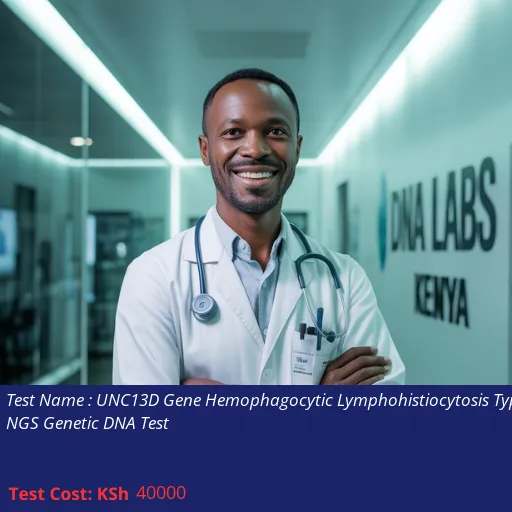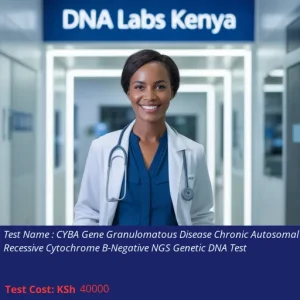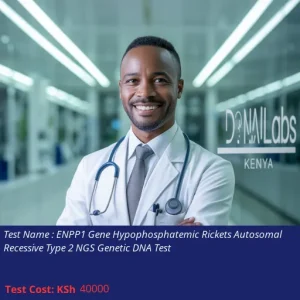UNC13D Gene Hemophagocytic Lymphohistiocytosis Type 3 NGS Genetic DNA Test
Introduction to the Test
The UNC13D Gene Hemophagocytic Lymphohistiocytosis Type 3 NGS Genetic DNA Test is a cutting-edge diagnostic tool that plays a pivotal role in identifying genetic disorders linked to hemophagocytic lymphohistiocytosis (HLH). This condition is characterized by an overactive immune response, leading to severe inflammation and tissue damage. Early diagnosis through this test can significantly improve patient outcomes by enabling timely and targeted treatment.
What the Test Measures
This genetic test analyzes the UNC13D gene, which is crucial for the proper functioning of immune cells. By utilizing Next-Generation Sequencing (NGS) technology, the test detects mutations that may predispose individuals to HLH, allowing healthcare providers to understand the genetic factors contributing to the disease.
Who Should Consider This Test
Individuals who should consider the UNC13D Gene Hemophagocytic Lymphohistiocytosis Type 3 NGS Genetic DNA Test include:
- Those with a family history of HLH or related immunological disorders.
- Patients exhibiting symptoms such as prolonged fever, splenomegaly, cytopenias, or liver dysfunction.
- Individuals with a clinical history suggesting a genetic predisposition to immune system disorders.
Benefits of Taking the Test
The benefits of undergoing the UNC13D Gene Hemophagocytic Lymphohistiocytosis Type 3 NGS Genetic DNA Test include:
- Accurate identification of genetic mutations associated with HLH.
- Facilitation of early diagnosis and intervention, improving patient outcomes.
- Guidance for family planning and genetic counseling for at-risk families.
- Enhanced understanding of the patient’s condition, leading to personalized treatment options.
Understanding Your Results
Results from the UNC13D Gene Hemophagocytic Lymphohistiocytosis Type 3 NGS Genetic DNA Test will be provided in a comprehensive report. It is essential to discuss these results with a healthcare professional, who can offer insights into the implications of the findings and recommend potential next steps.
Test Pricing
| Price Type | Amount (KSh) |
|---|---|
| Discount Price | 40,000 |
| Regular Price | 56,000 |
Book Your Test Today
We have branches across Kenya, including major cities such as Nairobi, Mombasa, and Kisumu. Our dedicated team is ready to assist you with the UNC13D Gene Hemophagocytic Lymphohistiocytosis Type 3 NGS Genetic DNA Test. For more information or to book your test, call or WhatsApp us at +254713408028.
Turnaround Time and Sample Type
The test has a turnaround time of approximately 3 to 4 weeks. We accept samples in various forms, including:
- Blood
- Extracted DNA
- One drop of blood on an FTA card
Pre-Test Instructions
Before undergoing the test, it is essential to have a clinical history assessment. A genetic counseling session is recommended to draw a pedigree chart of family members affected by the UNC13D gene mutations.







